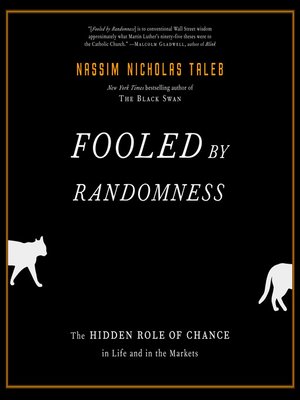


They would boast flawless track records and enjoy praise for their exceptional skills. Nevertheless, despite their lack of skills, after 5 years based on probabilities alone we can expect almost 200 of them to have been profitable every year. In other words, you would basically be better off investing based on the flip of a coin. In fact, it is very likely that some will.Ĭonsider for example a cohort of 10,000 investors who, for the sake of argument, are relatively incompetent: each year they only have a 45% chance of being profitable. Unfortunately, the inherent randomness of stock markets means that, just like millions of monkeys hammering on typewriters for long enough can eventually produce Shakespeare, so can unskilled investors produce great track records. In some professions, one simply cannot succeed without skills: A plumber or a dentist is extremely unlikely to have a long career without knowing what he’s doing. Nowhere is this discrepancy more evident than in the stock market, where “capable investor” should usually be substituted with “lucky idiot”. We use terms like “skills”, and “determinism” when “luck” and “randomness” are called for. We are all frequently fooled by randomness, meaning that we underestimate the impact of luck and random events on our lives.


 0 kommentar(er)
0 kommentar(er)
